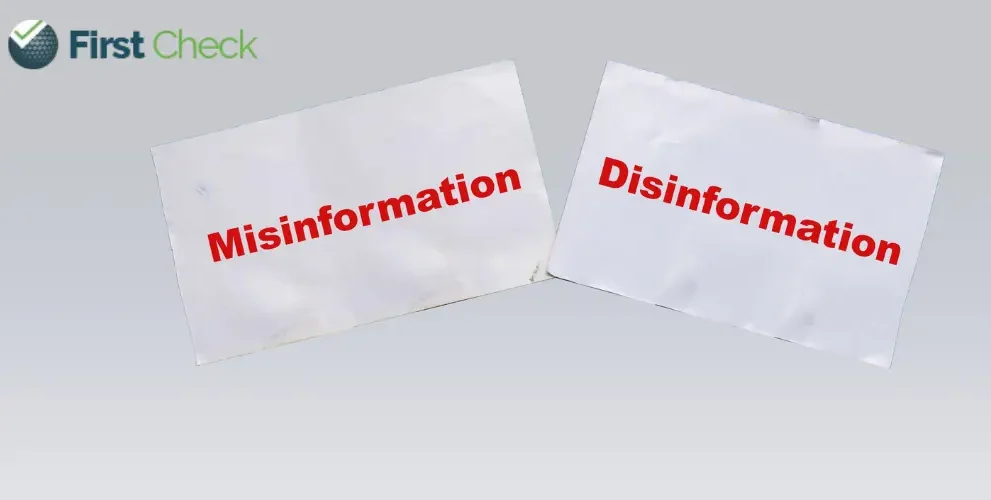Climate change, growing regional instability, the rise of misinformation and disinformation increase the complexity of preventing and responding to the next pandemic.
The United States has launched Foreign Ministry Channel (FMC) for Health Security, making health security a foreign policy priority, and effectively addressing health-related misinformation and disinformation. This comes with the recognition that the risk of a future global pandemic is high, according to the official US State department spokesperson.
Launched on March 14, 2024, in the wake of the devastating COVID-19 pandemic – the most disruptive pandemic in the last century – the official statement notes that health issues transcend the health sector, and foreign ministries have an important role in preparing for and responding to health security threats. The FMC will serve as a platform for foreign ministries to focus diplomatic attention and action on critical global health security.
A changing climate, growing regional instability resulting in mass movements of people, and the rise of misinformation and disinformation – which can be exacerbated by emerging technologies like artificial intelligence (AI) – further increase the complexity of preventing and responding to the next pandemic. Addressing these threats, the statement says, requires broad international cooperation, which foreign ministries can uniquely advance to strengthen collective health security.
In terms of addressing misinformation and disinformation, the statement says that partners affirmed the importance of combatting misinformation and disinformation and the critical role that foreign ministries can play in this space, including to address the impact of technological advances and AI.
“Country delegations shared existing and planned efforts to combat misinformation and disinformation related to health and highlighted efforts to increase evidence-based messaging, including: promoting accurate risk communication and sharing of outbreak and public health information, improving transparency around health security capacities (such as creating National Action Plans for Health Security), and integrating communication and information resilience strategies into global health security activities,” it said.
“Partners shared lessons learned, especially regarding the recent experience of combatting mis- and disinformation around COVID-19. Partners also discussed the global impacts and trends around AI and how it relates to mis- and disinformation, highlighting both where AI can be beneficial and detrimental in promoting public health best practices. Lastly, participants discussed coordinating public outreach when cases of global health mis- and disinformation arise.”
The COVID-19 pandemic underscored three lessons that a disease threat anywhere is a threat everywhere, pandemics threaten not only health, but our national and economic security, we must do far more to prepare for the next pandemic, and we can and must improve preparedness and response through the four Cs: collaboration, coordination, cooperation, and communication.
Read More : Adopting a hybrid strategy of prebunking and debunking


